Culling: A Controversy in Conservation
It must be remembered that in all cases culling is an attempt to rectify a problem which has been created by us. For example, culling invasive species which we have introduced can be an effective way of protecting native flora and fauna.
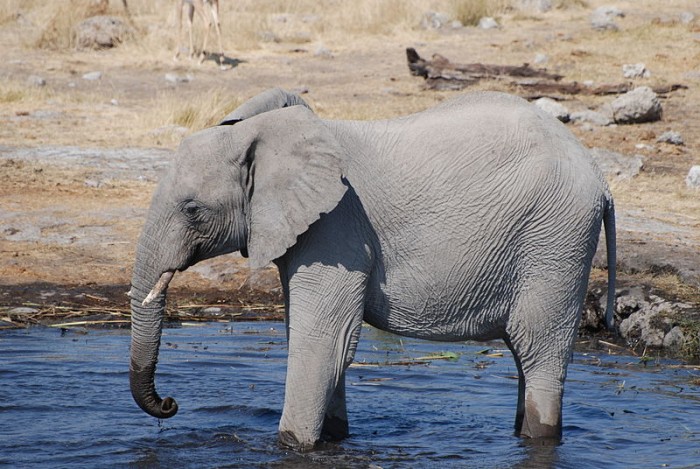 Image: By Bibitono (Own work) [CC-BY-SA-3.0 (http://creativecommons.org/licenses/by-sa/3.0)], via Wikimedia Commons
Image: By Bibitono (Own work) [CC-BY-SA-3.0 (http://creativecommons.org/licenses/by-sa/3.0)], via Wikimedia Commons Culling, the killing of animals, is a controversial management strategy which is used throughout the world to control invasive species and manage animal populations. There have been many famous cases where culling has sparked an uproar from the general public. One case in particular resulted in the South African government being forced to place a moratorium on the culling of elephants because of international pressure. So, why does culling provoke such a reaction; are there any viable alternatives and most importantly, why do we cull animals in the first place?
It must be remembered that in all cases culling is an attempt to rectify a problem which has been created by us. For example, culling invasive species which we have introduced can be an effective way of protecting native flora and fauna. Animals in game reserves have to be culled to keep their populations under control but only because we have limited the space in which they can live. This means that there are just enough resources to sustain a certain number of animals, so we have to control their numbers. The cold hard truth is that culling is necessary if we want to conserve some aspects of our natural world; something that is getting harder and harder to do every day. I can assure you, I have been present during the culling of animals, nobody is happy about what they are doing but it is usually a last resort.
So why are people against culling? We are extremely good at anthropomorphisising animals. This means we relate better to certain animals because we can see ourselves in them. Elephants are a good example as they have an extremely complex social system. Think of it this way: you wouldn’t kill an elephant but I can guarantee that pretty much everyone has crushed a spider, yet both are members of the animal kingdom.
The only viable alternative to culling would be immunocontraception to stop the growth of populations. There is a considerable amount of research into this, but in many cases a successful method of contraception has not yet been found.
Culling is often perceived as murder. However, the use of this term criminalises our efforts to conserve the natural world. It implies that we actually want to kill.

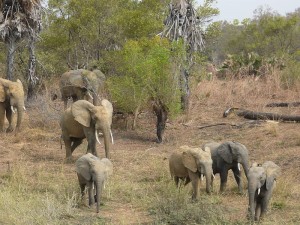
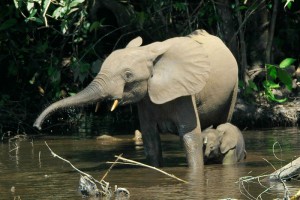
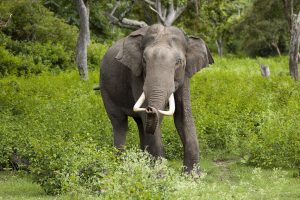
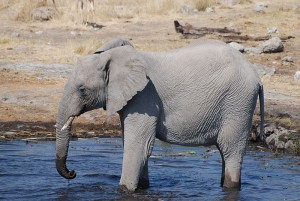
5 Comments
You’re right it is a problem of our own making but that makes it ok to say “oh well, lets just kill them all then”?? I think not. We’re not against it because we are anthropomorphisising, we’re against it because it is taking the life of an animal that has a right to live and doesnt deserve to die.
Thank you for your comment Theo. I’m glad you agree that it is a problem of our own making. I never intended to imply that culling was a decision that was just thrown out there with an “oh well, lets just kill them all”. It is not a decision that is taken lightly and is usually a last resort after all other viable options have been exhausted. Furthermore, in most cases culling is a means of population control and does not involve the eradication of a whole population unless the situations calls for this method, such as to eliminate invasive species which are harming native flora and fauna.
As for the anthropomorphosis of animals, this was speculation on my part as I even find myself anthropomorphisising animals in these situations, which then creates an emotional response. Of course this is not the only reason that people have a problem with culling. I completely agree that people might disagree with culling on the basis that it is a living thing that does not deserve to die.
I really enjoyed reading this article. I found it very interesting and informative (for all that 300 odd words can account for). I am not exactly for the killing of animals i.e. I couldn’t do it myself and it is a shame to have to resort to such means so that more animals do not become endangered. I did not find that the article in any way stated or implied that anyone says “oh well, lets just kill them all then”. As for the second part of that comment, it is unreasonable to simply state that “we’re not against it because we are anthropomorphosising” – who exactly are you speaking for there? This is simply used as an example of why many are against this practice. It is a social theory as to why people are so adverse to killing certain animals i.e. elephants rather than spiders. Animals don’t deserve to die but it is a fact of life that they do. For many reasons: disease; to feed humans and eachother; and rivalry with and outwith species. Can you suggest another means of effectively controlling a population? A population that is growing too fast, using too many resources and putting many other species at risk of extinction due to being out-competed?
Here’s a radical idea.. Why don’t we control our own population, then there might actually be room for other species to live????
Is it not more that humans are taking over animal territory and that is where conflict comes into it, so maybe birth control is needed more for humans?